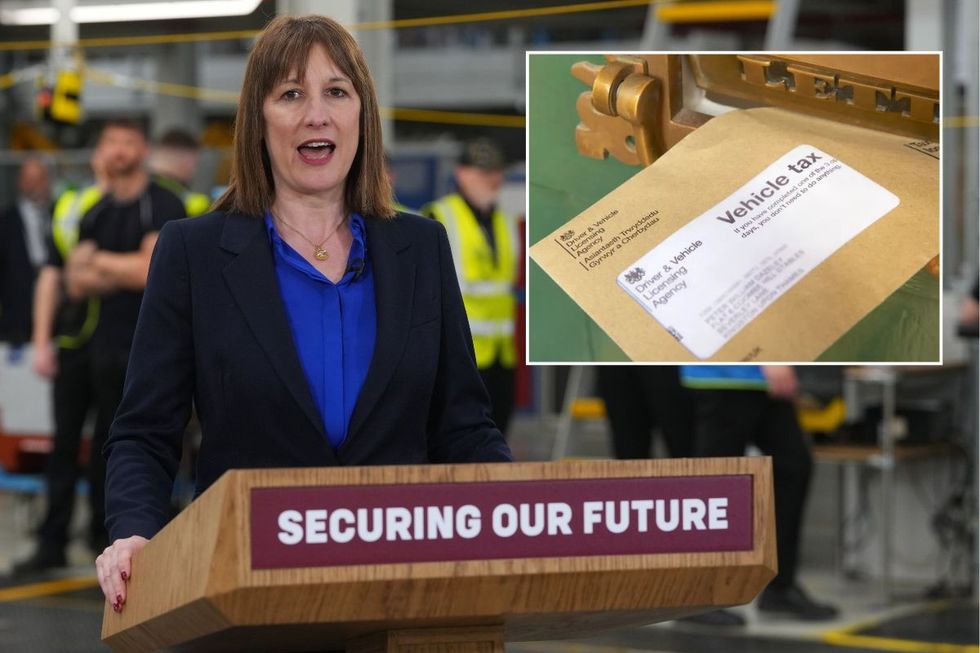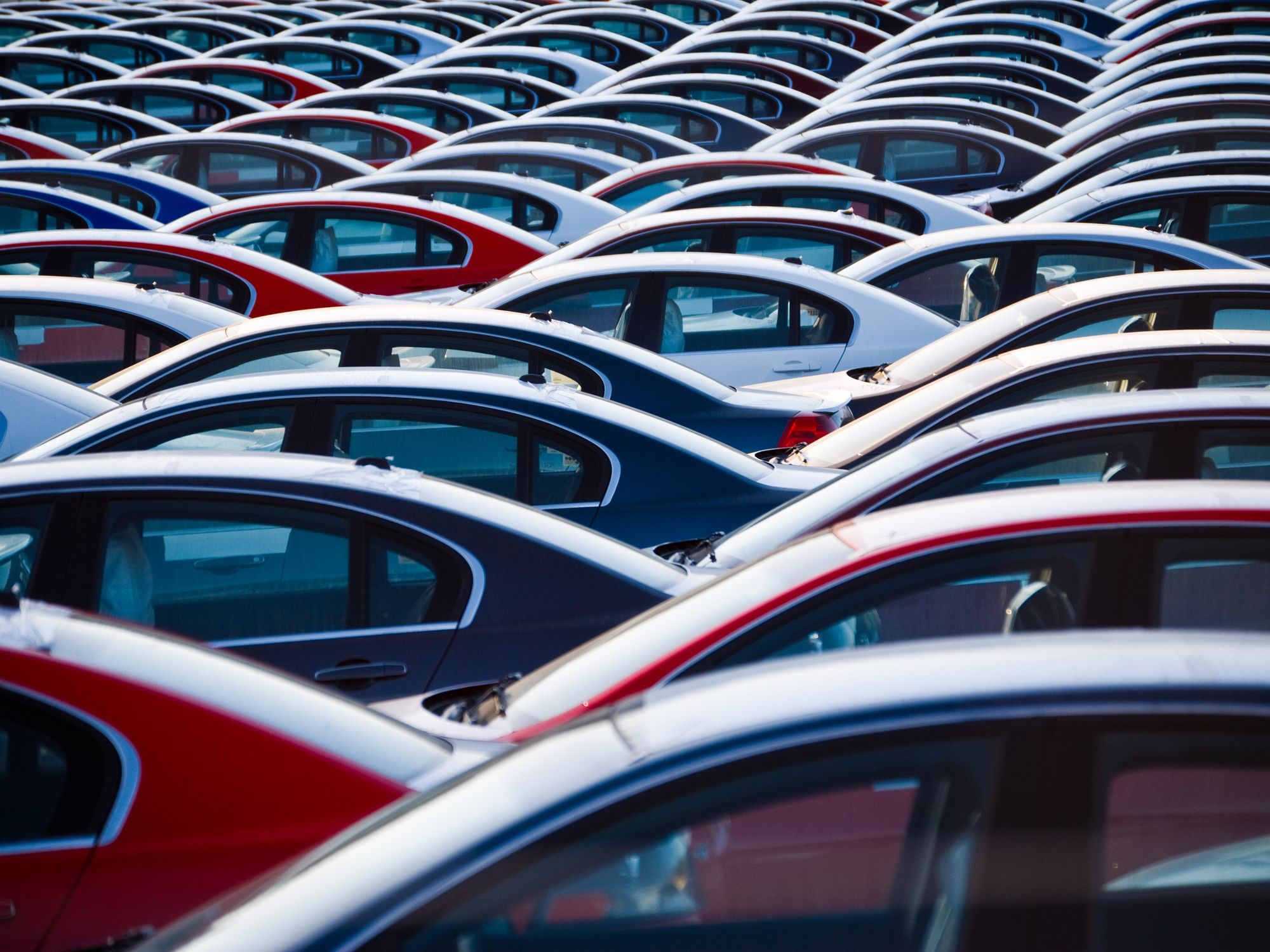WATCH: Chancellor Rachel Reeves outlines new car tax rules from April 1, 2025
GB NEWS
The new charges were introduced less than three weeks ago
Don't Miss
Most Read
Trending on GB News
Drivers are being reminded to update themselves on the latest car tax changes launched this month, which could see them pay thousands of pounds extra for their petrol or diesel car.
Posting on social media site X, formerly known as Twitter, the Driver and Vehicle Licensing Agency (DVLA) has called on drivers to take urgent steps, saying: "Don't forget to pay your vehicle tax!"
If drivers fail to pay their Vehicle Excise Duty, they could be slapped with an initial £80 fine for being the registered keeper of an untaxed vehicle.
Motorists who choose to use an untaxed vehicle on a public road without declaring it off the road (SORN) face a £1,000 fine, or five times the amount of tax chargeable, whichever is greater.
Do you have a story you'd like to share? Get in touch by emailingmotoring@gbnews.uk

Chancellor Rachel Reeves announced in the Autumn Statement that she would be hiking car taxes
GETTY
It comes as the Government rolled out several new car tax changes at the start of the new financial year on April 1, with millions of drivers seeing their bills increase.
In the Autumn Statement last year, Chancellor Rachel Reeves announced that the Government would uprate VED rates for cars, vans and motorcycles in line with the RPI rate of inflation.
April 1, 2025, was also the first day electric vehicles would be liable to pay car tax following a decision from the previous Conservative Government and former Chancellor Jeremy Hunt, who aimed to create a "fairer system of taxation" for all drivers.
The most expensive measure came for drivers looking to buy new vehicles after April 1, 2025, with changes to first year rates in a bid to "strengthen incentives" to purchase zero emission cars.
The Chancellor specifically noted that the Government wanted to "widen the differentials" between zero emission, hybrid and internal combustion engine cars.
Any new zero emission cars, including electric or hydrogen fuel cell, will be required to pay the lowest first year rate of £10, which is now frozen until 2029-2030.
People looking to get their hands on plug-in hybrid cars can expect to pay slightly more, although the first band, for cars emitting between one and 50g of CO2 per kilometre, will increase to £110.
All other rates for more polluting cars which emit more than 76g/km of CO2 will double, potentially seeing some drivers of larger petrol and diesel cars pay up to £5,490.
First year car tax rates from April 1, 2025
0g/km - Rising from £0 to £10
1-50g/km - Rising from £10 to £110
51-75g/km - Rising from £30 to £130
76-90g/km - Rising from £135 to £270
91-100g/km - Rising from £175 to £350
101-110g/km - Rising from £195 to £390
111-130g/km - Rising from £220 to £440
LATEST DEVELOPMENTS:
- Millions of petrol and diesel drivers risk fuel station nightmare with 'common' and 'really costly' error
- Major car brands recall 200k vehicles including urgent warning to 'park away from buildings' amid fire risk
- A1 crash: Motorist 'on first date' admits to dangerous driving after horror smash with five police cars

Drivers looking to get their hands on new petrol and diesel cars could be slapped with high costs
PA131-150g/km - Rising from £270 to £540
151-170g/km - Rising from £680 to £1,360
171-190g/km - Rising from £1,095 to £2,190
191-225g/km - Rising from £1,650 to £3,300
226-255g/km - Rising from £2,340 to £4,680
Over 255g/km - Rising from £2,745 to £5,490








